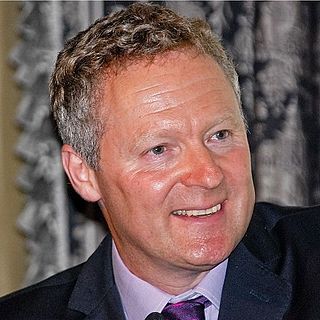A Quote by Chimamanda Ngozi Adichie
I have many problems in my life, but I don't think that identity is one of them.
Related Quotes
The identity of just one thing, the "clash of civilization" view that you're a Muslim or a Hindu or a Buddhist or a Christian, I think that's such a limited way of seeing humanity, and schools have the opportunity to bring out the fact that we have hundreds of identities. We have our national identity. We have our cultural identity, linguistic identity, religious identity. Yes, cultural identity, professional identity, all kinds of ways.
To many writers and thinkers, though not to all, another text is, or can be, the most naked and charged of life-forces ... The concept of allusion or analogue is totally inadequate. To Dante these other texts are the organic context of identity. They are as directly about life as life is about them.
If you look at the developments in the international scene over the past many years, we haven't been able to resolve many problems and many crises, because we have approached them from a zero-sum perspective. My gain has always been defined as somebody else's loss, and through that, we never resolve problems.
I have this very kind of like heterodox idea of what an education is, what underpins identity. I don't think I'm very easily pigeon holed in any of those boxes, so I confront this. I have a staff full of young people who came up in a very different tradition and who feel very fired up about the big identity battles. I listen and I try to navigate them, but I don't find them mapping onto my life in a personal way which is, which is hard.
When people come to you with problems or challenges, don't automatically solve them. As a mama bear, you want to take care of your cubs, so you tend to be protective and insulate them against all those things. But if you keep solving problems for your people, they don't learn how to actually solve problems for themselves, and it doesn't scale. Make sure that when people come in with challenges and problems, the first thing you're doing is actually putting it back to them and saying: "What do you think we should do about it? How do you think we should approach this?".
I had received Christ as my savior when I was a child, but I didn't know anything. I didn't have any knowledge. I didn't go to church. And I had a lot of problems, and I needed somebody to kind of help me along. And I think sometimes even people who want to serve God, if they have got so many problems that they don't think right and they don't act right and they don't behave right, they almost need somebody to take them by the hand and help lead them through the early years. And that's really what discipleship is. It's helping people.






































